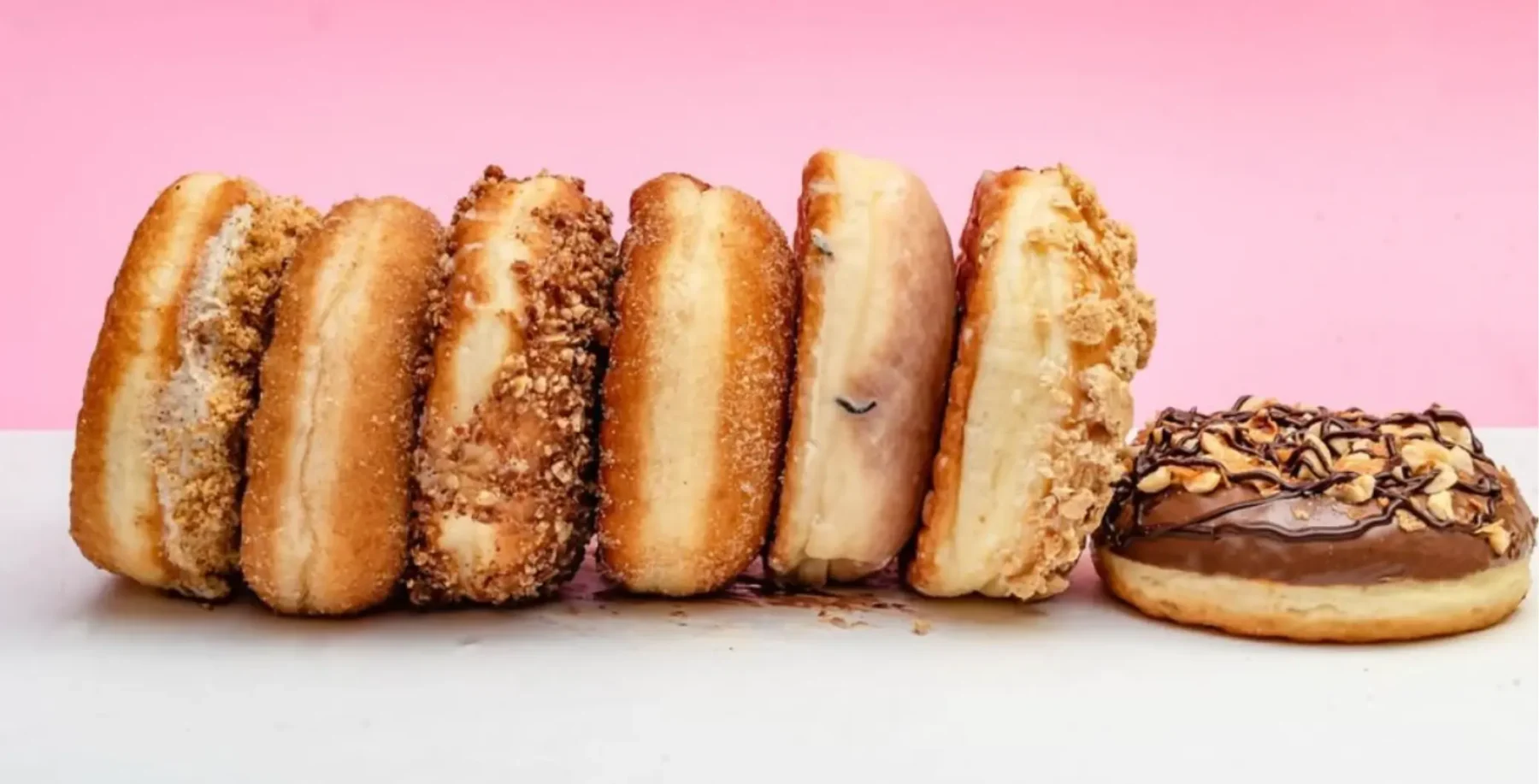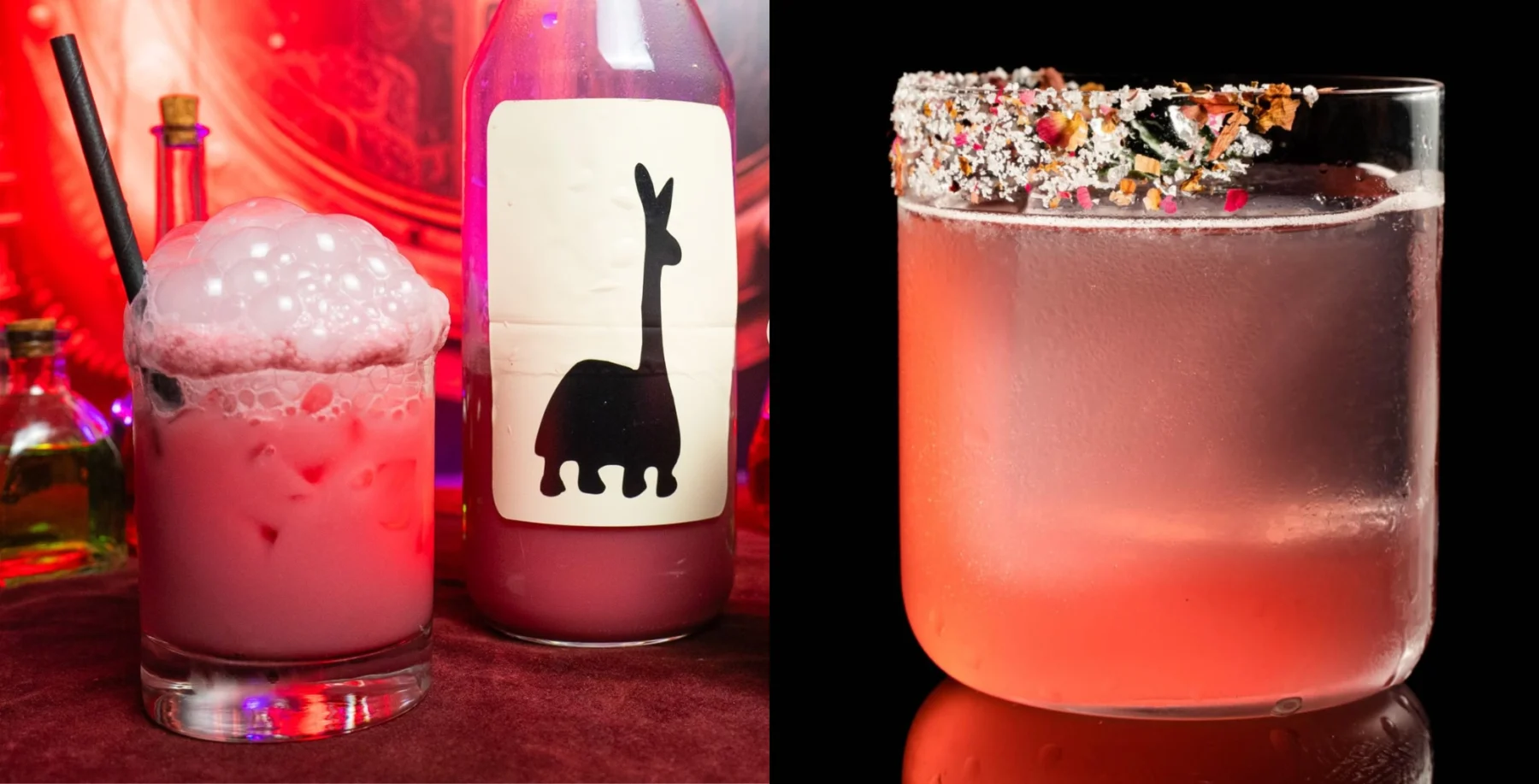
Rating: NNNNN
Have you seen the commercial where the guy at a bar is eating probiotic yogurt and the yogurt-tender is all (teasingly), ?Haven?t you had enough?? but then lets him have one more for the road?.
I hate that ad. It makes me never want to eat yogurt again, but it did make me wonder about probiotics. Now that these supplements containing friendly bacteria have gone mainstream, is the evidence for them any clearer?
My computer spell-checker obviously doesn’t think. (Closest suggestions: robotics and proboscis.) Of course, they’re supposed to cure cancer and whatnot, but don’t get excited. There’s nothing to support such claims. On the other hand, they may actually be useful.
What the experts say
“Probiotics are being tried for all manner of interesting conditions: bellyaches, heartburn, Crohn’s disease, colitis. I have never heard of anybody getting sick on a probiotic, but there are so many different products on the market. They’re not standardized. You can’t tell how much bacteria you’re actually eating. It seems like they’re healthy, and I never object when my patients use them. Really good yogurt would be a great source. I see so many companies advertising that their products are full of friendly bacteria, but I don’t know how good they are.”
ALVIN NEWMAN, gastroenterologist, Mount Sinai Hospital, Toronto
“We have to remember that for a product to be truly probiotic, it has to have been shown in human studies to provide a measurable health benefit. Sadly, not all products in Canada meet this requirement, and Health Canada has not been enforcing the proper use of the term ‘probiotic.’ The area has fantastic potential, and a few products here have excellent documentation, but consumers need to do some digging to find out which. It might mean doing PubMed searches, but it’s better than believing unproven hype.”
GREGOR REID, director, Canadian Research and Development Centre for Probiotics, Lawson Health Research Institute, London, Ontario
“Normally, our intestinal tract has up to 3 pounds of probiotics or good bacteria. Whenever you take antibiotics or strong drugs, they get killed off. This can affect digestion and absorption of nutrients. These bacteria produce by-products that are natural antibiotics and keep yeast and fungi at bay. Probiotics make short-chain fatty acids, one of which, butyrate, has been linked to prevention or reduction of colon cancer. Probiotics detox toxins and remove pro-carcinogens, so for colon cancer they are they are extremely important. When buying them, look carefully at the brand and look for research done on it. Some brands of probiotics are really dead or contain only small amounts of bacteria.”
SUSHMA SHAH, naturopath, Toronto
“Probiotics have been shown to be beneficial in children with diarrhea and women with bacterial vaginosis and urinary tract infections. There are a lot of claims that aren’t true. Some probiotic bacteria are very specific in action. Some are useful in treating gastrointestinal infections but would not work on urinary tract infections. Others would treat other types of infections. There are different strains and species with different properties and functions. Further research and clinical trials need to be done.”
KINGSLEY ANUKAM, research fellow, Canadian Research & Development Centre for Probiotics, Lawson Health Research Institute, London, Ontario
“Getting these micro-organisms into the colon can have an influence on colon health. I’ve also read studies about preventing colds and infections. They may help digestive problems. They are legitimate, but not a magic bullet. Usually they come in yogurt, but they have to be live and don’t necessarily have a long shelf life. Many products don’t contain the amount they are supposed to. We don’t know a lot about [how gut functions affect health]. It’s very complicated. There are hundreds of species of bacteria in the colon, and it’s very difficult to research because we haven’t got a good way of identifying each species. What comes out in the feces is not necessarily representative of what’s going on higher up. Can probiotics affect cancer? That’s theoretical. We have no direct proof.”
THOMAS WOLEVER, professor of nutritional sciences, U of T
DEAD OR ALIVE?
SWISS HERBAL (capsule)
Claim: 6 billion active cultures First test: 1.7 billion Two weeks later: 460 million
UDO’S CHOICE (capsule)
Claim: 1 billion viable cells Actual: 2.1 billion Two weeks later: 692 million
LIBERTY YOGURT
First test: 118,000
Second test: 4,000
ORGANIC MEADOW YOGURT
First test: 100 million
Second test: 6 million
ASTRO BIOBEST
First test: 794 million
Second test: 260 million
Source: CBC Marketplace 2003












